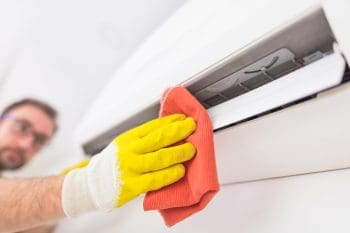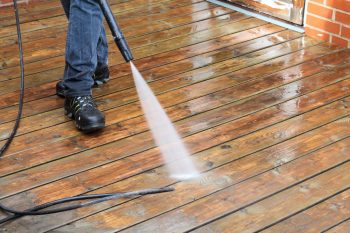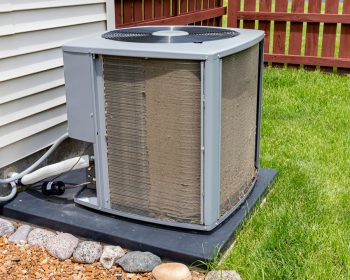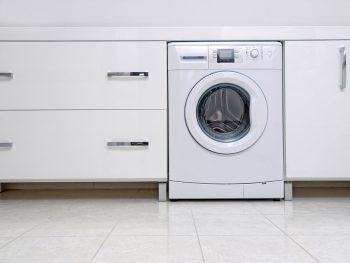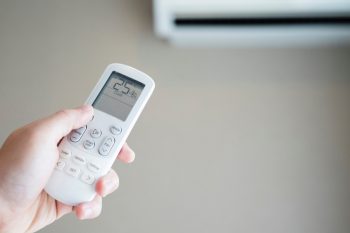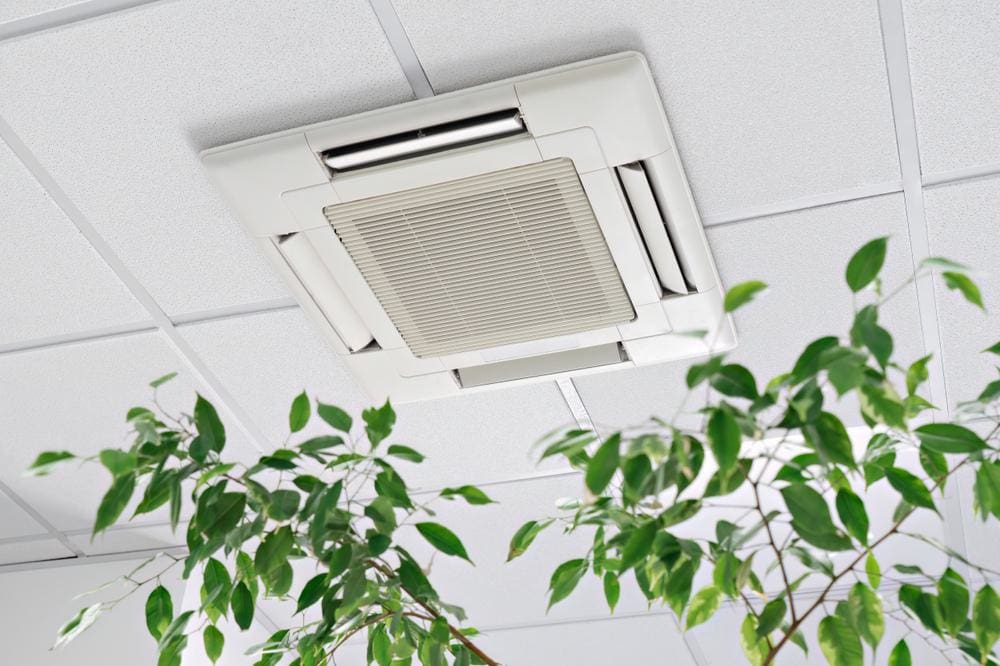
Air conditioning units are essential home appliances that keep our living spaces comfortable, especially during the hot summer months. However, like any other machine, they can develop issues over time. One common problem that many homeowners face is their AC making a grinding noise. This article will delve into the possible reasons behind this issue, how to troubleshoot it, and when to call a professional for help.
Your AC might be making a grinding noise due to several reasons such as bad motor bearings, a damaged condenser fan blade, worn-out pistons in the compressor, loose or damaged belts, lack of proper lubrication, or contaminants in the system. You can try troubleshooting by turning off the AC unit, inspecting both the outdoor and indoor units, and looking for debris. If the noise persists, it’s time to seek professional help. Regular maintenance can help prevent such issues.
Common Causes of a Grinding Noise in an AC
The grinding noise you hear from your AC unit could be due to various issues. Some of the most common causes include:
- Bad Motor Bearings: These are small, round pieces that allow the AC’s motor to spin smoothly. Over time, the bearings can wear out, causing increased friction and subsequently, a grinding noise.
- Damaged Condenser Fan Blade: The fan blade in your AC’s condenser can become damaged or bent. When this happens, it may hit other parts of the unit as it spins, causing a grinding noise.
- Worn out Pistons in the Compressor: The compressor houses pistons that can wear out over time. When these pistons become worn out, they can produce a grinding noise as the AC operates.
- Loose or Damaged Belts: The belts in your AC unit can become loose, frayed, or damaged. When this happens, they can produce a grinding noise as they rub against other components in the unit.
- Lack of Lubrication: The moving parts in your AC unit need adequate lubrication to function smoothly. If these parts aren’t lubricated properly, they can rub against each other and produce a grinding noise.
- Contaminants in the System: Debris such as twigs, stones, or other foreign objects can get into the AC condenser system and interfere with its operation, causing a grinding noise.
Troubleshooting a Grinding Noise
Before calling a professional, you can try to troubleshoot the problem on your own. Here’s a simple step-by-step guide:
- Turn off the AC Unit: To prevent further damage, it’s crucial to turn off the AC unit as soon as you hear a grinding noise.
- Inspect the Outdoor Unit: Check the condenser for any visible signs of damage or loose parts. Pay attention to the fan blades and motor bearings.
- Check the Indoor Unit: Inspect the air handler for issues with the blower motor or other components.
- Look for Debris: Check for any foreign objects that might be causing the grinding noise.
When to Seek Professional Help
If the grinding noise persists even after your initial troubleshooting, it’s time to call a professional HVAC technician. These technicians have the necessary training and knowledge to diagnose and fix the problem accurately.
The Cost of Fixing a Grinding Noise
Repair costs for a grinding noise in an AC unit can vary, typically ranging from $500 to $1,500 or more depending on the severity of the problem and the specific repair needed. It’s always best to get an estimate from a professional to understand the potential costs involved.
Preventative Maintenance
Regular maintenance of your AC unit can help prevent issues like grinding noises. It’s recommended to have your AC serviced at least once a year by a professional. During these visits, the technician will lubricate the bearings, check for wear and tear, and address any potential issues before they worsen.
In conclusion, a grinding noise from your AC unit should not be ignored. It’s a sign that something is wrong, and if left unchecked, it can lead to more severe damage and higher repair costs. So, if your AC is making a grinding noise, start by doing some basic troubleshooting. If that doesn’t resolve the issue, don’t hesitate to call a professional for help.
Frequently Asked Questions
How often should I lubricate the bearings in my AC unit?
The bearings in your AC unit should be lubricated at least once a year. However, this can vary depending on the model and usage of your AC unit. Always refer to the manufacturer’s instructions or consult with a professional HVAC technician.
Can a grinding noise cause my AC unit to stop working completely?
Yes, a grinding noise can lead to more serious damage if not addressed promptly. It could cause the motor to burn out, leading to a complete failure of the AC unit.
Is it safe to do the troubleshooting steps by myself?
Yes, it’s safe to do the basic troubleshooting steps provided in the article. However, if you’re not comfortable doing it or the problem persists after the initial troubleshooting, it’s best to call a professional HVAC technician.
Can regular maintenance prevent all AC issues?
Regular maintenance can significantly reduce the likelihood of issues arising with your AC unit, but it may not prevent all potential problems. Unforeseen issues or damages can still occur, but maintenance will ensure your unit is in the best possible condition to handle these situations.
Is it more cost-effective to repair or replace my AC unit if it’s making a grinding noise?
The cost-effectiveness of repairing versus replacing your AC unit depends on several factors, including the age of the unit, the severity of the damage, and the cost of the repair. If your AC unit is older and the repair cost is high, it might be more cost-effective to replace the unit. However, if the unit is relatively new and the repair is minor, it might be more economical to repair it. Always consult with a professional to make the best decision.


